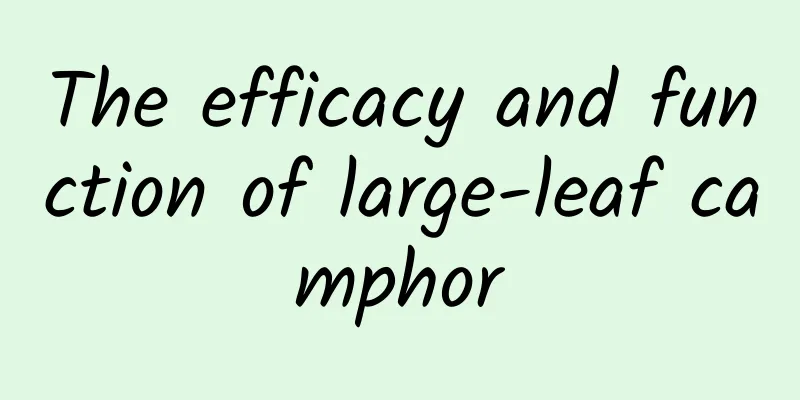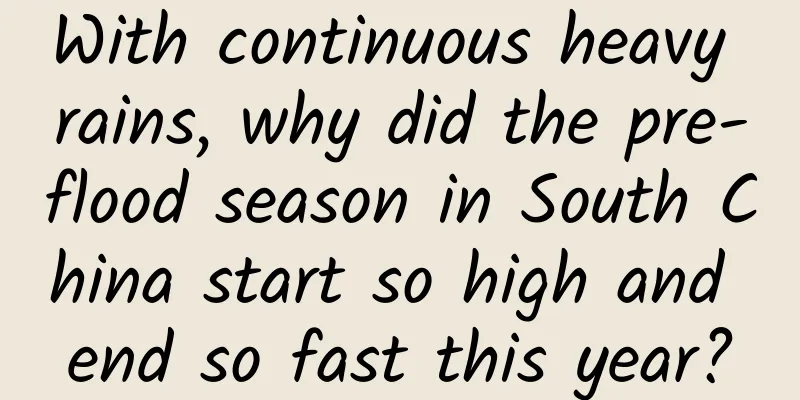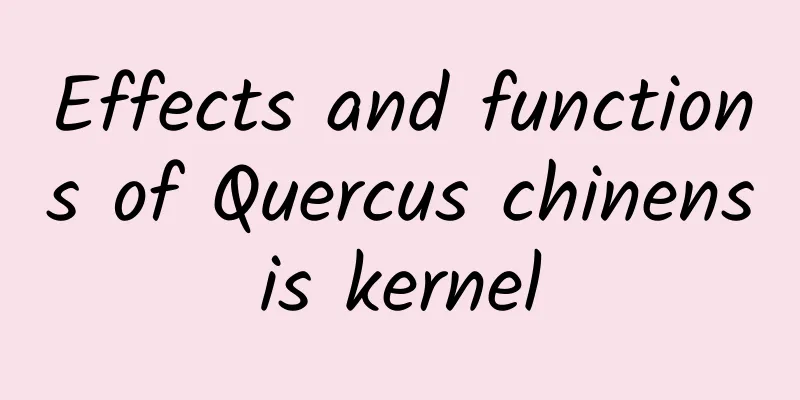The efficacy and function of Deer Heart Grass

|
Traditional Chinese medicine often has unexpected effects in the treatment of certain diseases, so you can choose it with confidence. However, when choosing Chinese medicine, you need to understand the medicine so that when treating the disease, you will know what kind of medicine is the best choice. Let us introduce the traditional Chinese medicine deer heart grass. [Other names] Deer fairy grass, root-seeking, slope-benefiting, ground bayberry, ground Lv, Wanxing fungus, vine forest, lard medicine, wormwood flower, soil flower, red fungus, milk fungus [Source] Medicinal material source: the whole herb of Bacillaceae family. [Original form] Herbaceous, 10-15cm high. The rhizome is yellow-brown, blood-red or grayish-white with brown, irregularly branched, with a single branch of 0.5-2.5 cm in diameter, sometimes nearly spherical, with densely granular warts and yellow star-shaped lenticels on the surface. The flower stem is cylindrical, purple or light red, occasionally grayish white; the bracts are numerous, scaly, alternate, in 2 rows, rarely spirally, arranged in an imbricate manner, broadly ovate or ovate-oblong, 1.5-4cm long, 1.5-2.5cm wide, concave, obtuse or slightly emarginate at the apex. Flowers are dioecious (inflorescence); male inflorescence ovate or oblong, 3-3.5cm long, 1.5-3cm wide, male flowers radially symmetrical, bracts on the underside, 4 ovate perianth lobes, hemispherical stamens, 4 anthers, horseshoe-shaped, obliquely fissured; female inflorescence elliptical or conical, 2-7cm long, female flowers purple-red or orange-yellow, ovoid ovary attached to the base of the appendages, style appendages inverted pear-shaped, about 1.5mm long, with arched round apex. Flowering period is August to October. [Habitat distribution] Ecological environment: Growing in dense mountain forests at an altitude of 1150-3200m. 【Chemical composition】 Methyl caf-feate and larisiresinol were isolated from the whole plant. 【Nature and flavor】 Bitter; astringent; warm 【Functions and indications】Nourishes the kidney and strengthens yang; strengthens the spleen and regulates qi; stops bleeding. It is used to treat impotence, dysentery, stomachache and vomiting blood, menorrhagia, and bleeding caused by trauma. [Usage and Dosage] For oral use: decocted in water, 9-15g. For external use: take appropriate amount, grind into powder, mix with lard and apply on the affected area. 【Excerpt】 Chinese Materia Medica The above is an introduction to the effects of deer heart grass. When using it, you can use it according to the needs mentioned above. Deer heart grass is also very helpful in treating certain diseases. |
<<: The efficacy and function of Lu Ying fruit
>>: The efficacy and function of Lu Yinggen
Recommend
Affects your appearance! Habitually opening your mouth does not necessarily mean mouth breathing! What should I do if I breathe by mouth?
When you are watching short videos on your mobile...
How to take Drynaria fortunei
Bone fracture is caused by lack of nutrition to t...
What is the Chinese medicine Sanqi
Because people nowadays are under great pressure ...
Asian Games are coming soon, take care of your knees, save this "white list" of knee joint exercises
Hangzhou Asian Games is about to be held If you l...
It’s been two years since Tianwen landed on Mars. Let’s see whose hometown has landed on Mars?
May 15th marks the second anniversary of Tianwen-...
Can Chinese medicine raw licorice be soaked in water and drunk?
Licorice soaked in water has good therapeutic eff...
The efficacy and function of the five-core parasite
Five-core parasite is a very common medicinal mat...
The efficacy and function of star anise [picture]
Star anise [picture] is a common type of traditio...
The efficacy and function of stone butterfly
There are so many medicinal herbs in the world, a...
The efficacy and function of nuclear wood
What are the functions of nuclear wood? As a trad...
The medicinal value of the nine-headed insect
Speaking of the nine-headed insect, I believe eve...
How does a QR code work? What do the black and white squares represent? | Digital Literacy
Audit expert: Jing Yuan, Intermediate Accountant ...
Is it worth a fortune to stay slim in old age? Even if you are thin, you must have muscles and bones!
As the saying goes, "It's worth a fortun...
Soak wolfberry and American ginseng in water
If your physical fitness and immunity are poor, y...









